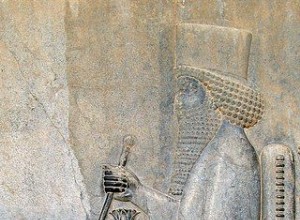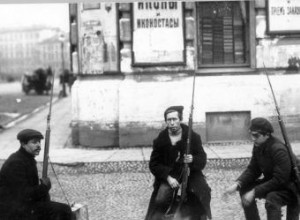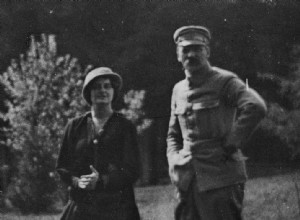Travel educates? And how! It turns out that snow can blind you, that not all honey has the same health and sweetness, and that there are irreplaceable people - some Greeks, hungry for fame, learned all of this. Asia has always tempted people. The vast expanses and legendary riches kept many adve




